Google DeepMind has unveiled Gemini 1.5, the latest iteration of its multimodal AI model, marking a significant advancement in artificial intelligence capabilities. With enhanced features such as long-context reasoning, video analysis, and real-time conversational abilities, Gemini 1.5 positions itself as a formidable competitor to OpenAI’s ChatGPT and Anthropic’s Claude.
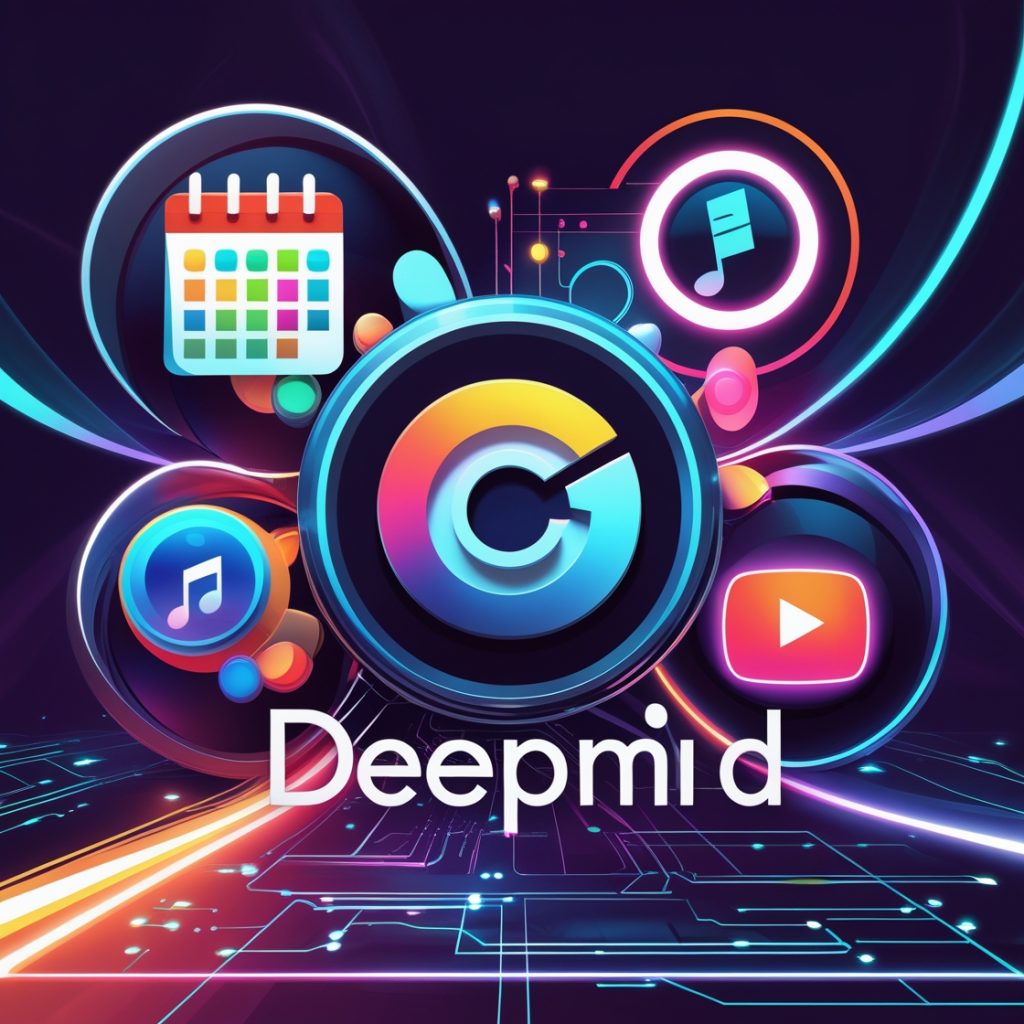
A New Era for AI: Gemini 1.5’s Revolutionary Features
Gemini 1.5 builds upon the foundation of its predecessor, Gemini 1.0, with groundbreaking improvements across multiple dimensions. Among its most notable advancements is the ability to handle up to 1 million tokens, enabling it to process and analyze vast amounts of data more effectively than other large-scale models. This long-context window is scalable up to 2 million tokens, making Gemini 1.5 particularly adept at tasks requiring extensive reasoning and understanding.
Multimodal Mastery
Gemini 1.5 is natively multimodal, capable of processing text, images, audio, and video inputs seamlessly. This allows users to interweave various types of media for tasks such as generating transcripts from videos, analyzing audio clips, or answering complex queries based on multimedia data[3][4]. The model’s ability to analyze external video sources and understand voice inputs further expands its versatility.
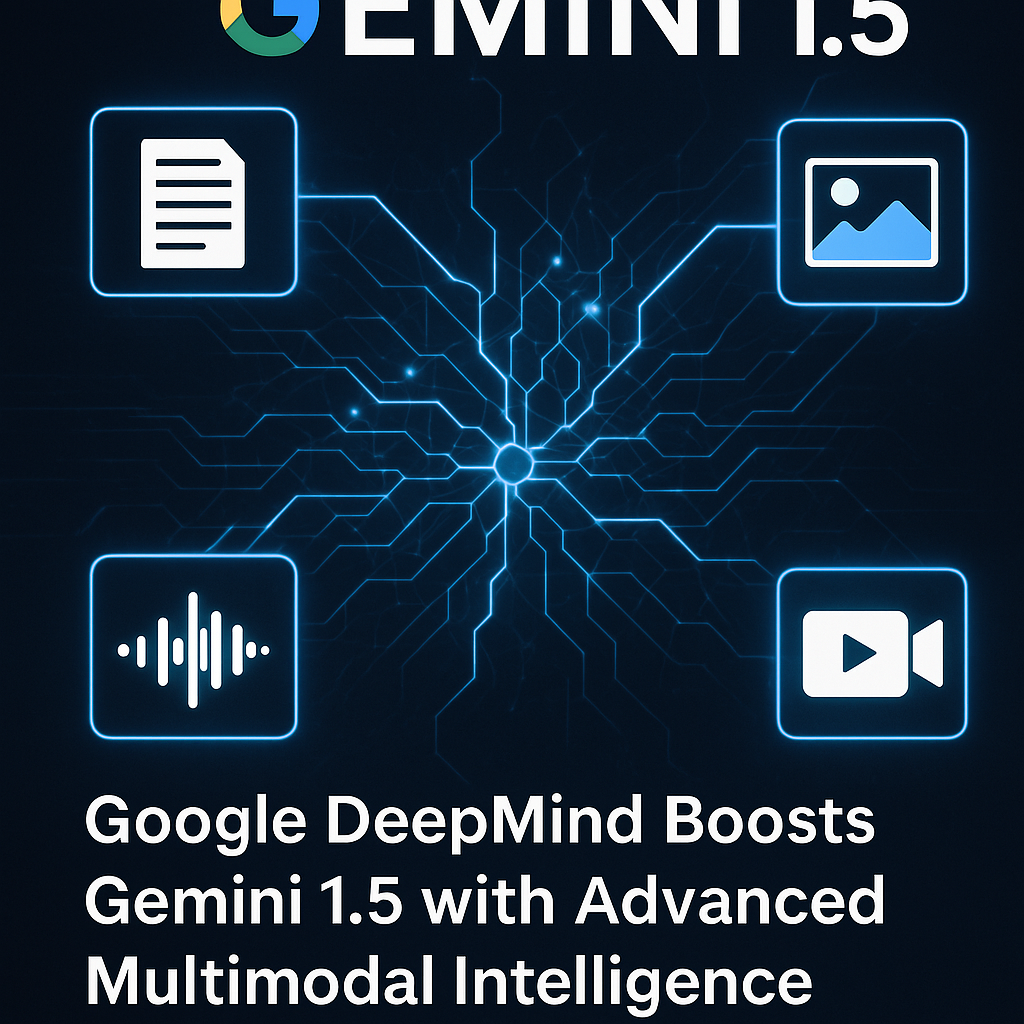
Enhanced Performance Across Key Use Cases
The update introduces significant improvements in areas like translation, coding, and real-time reasoning. Gemini 1.5 Pro can produce structured outputs such as JSON objects from unstructured data, enhancing its utility for developers and enterprises[2][4]. Additionally, the model’s new “Gems” customization feature enables users to tailor its capabilities for specific tasks or preferences.
Breakthroughs in Efficiency and Accessibility
Gemini 1.5 employs a Mixture-of-Experts (MoE) architecture that optimizes neural network pathways for specific tasks, achieving high-quality results with lower computational overhead. This makes the model more efficient to train and deploy while maintaining performance comparable to its predecessor, Gemini 1.0 Ultra.
Integration with Google Ecosystem
The model is deeply integrated into Google’s ecosystem through tools like Vertex AI and Google AI Studio. Developers can leverage Gemini 1.5 via the Gemini API to build applications that utilize its advanced capabilities[3][4]. Furthermore, Google has expanded Gemini’s reach by integrating it with services like YouTube Music, Google Calendar, Tasks, and Keep for enhanced productivity.

Real-Time Conversations with Gemini Live
One of the standout features of Gemini 1.5 is “Gemini Live,” a mobile conversational experience designed for real-time interactions. With natural-sounding voices and the ability to interrupt or clarify questions mid-conversation, Gemini Live sets a new standard for conversational AI.
Positioning Against Competitors
Gemini 1.5 enters a competitive landscape dominated by OpenAI’s GPT-4o and Anthropic’s Claude models. While GPT-4o emphasizes multimodality at reduced costs, Gemini 1.5 counters with its unprecedented long-context capabilities and multimodal efficiency. Anthropic’s Claude specializes in ethical AI design but lacks the multimodal depth offered by Gemini.
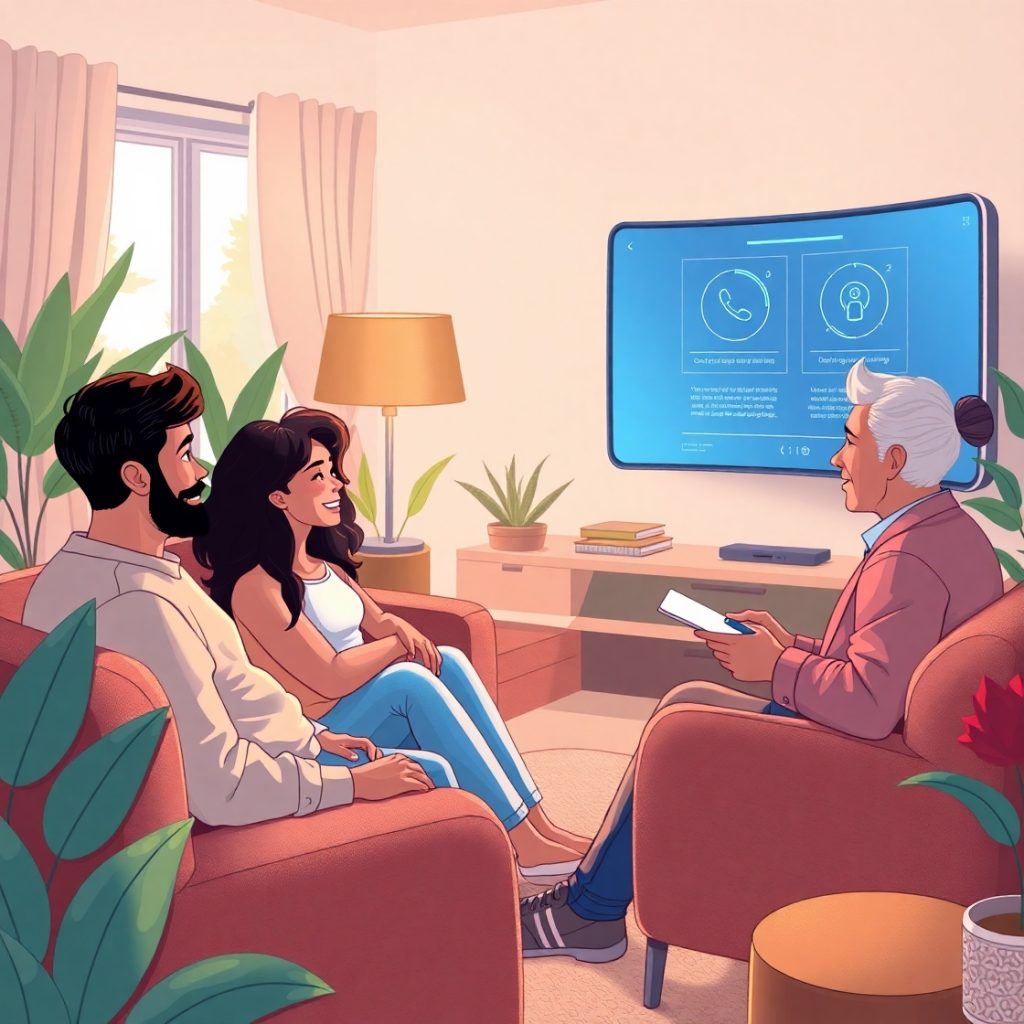
Future Prospects for Gemini
Google DeepMind plans to continue refining Gemini’s capabilities while expanding access globally. The introduction of smaller models like Gemini Flash caters to high-frequency tasks requiring rapid responses. With ongoing innovations in areas like image generation (via Imagen 2) and system instructions customization, Gemini is poised to lead the next wave of generative AI advancements.
Implications for Enterprise AI Adoption
The release of Gemini 1.5 signals a pivotal moment for enterprise AI adoption, as organizations now have access to unprecedented capabilities in a single model. The extended context window of up to 2 million tokens enables businesses to process entire codebases, lengthy documents, and massive datasets without losing context or requiring chunking strategies.
Industry analysts predict this advancement could accelerate AI integration across sectors including healthcare, finance, and legal services, where processing comprehensive information is crucial. For healthcare providers, Gemini’s ability to analyze medical records alongside imaging data offers potential diagnostic assistance and treatment recommendations with greater contextual understanding.
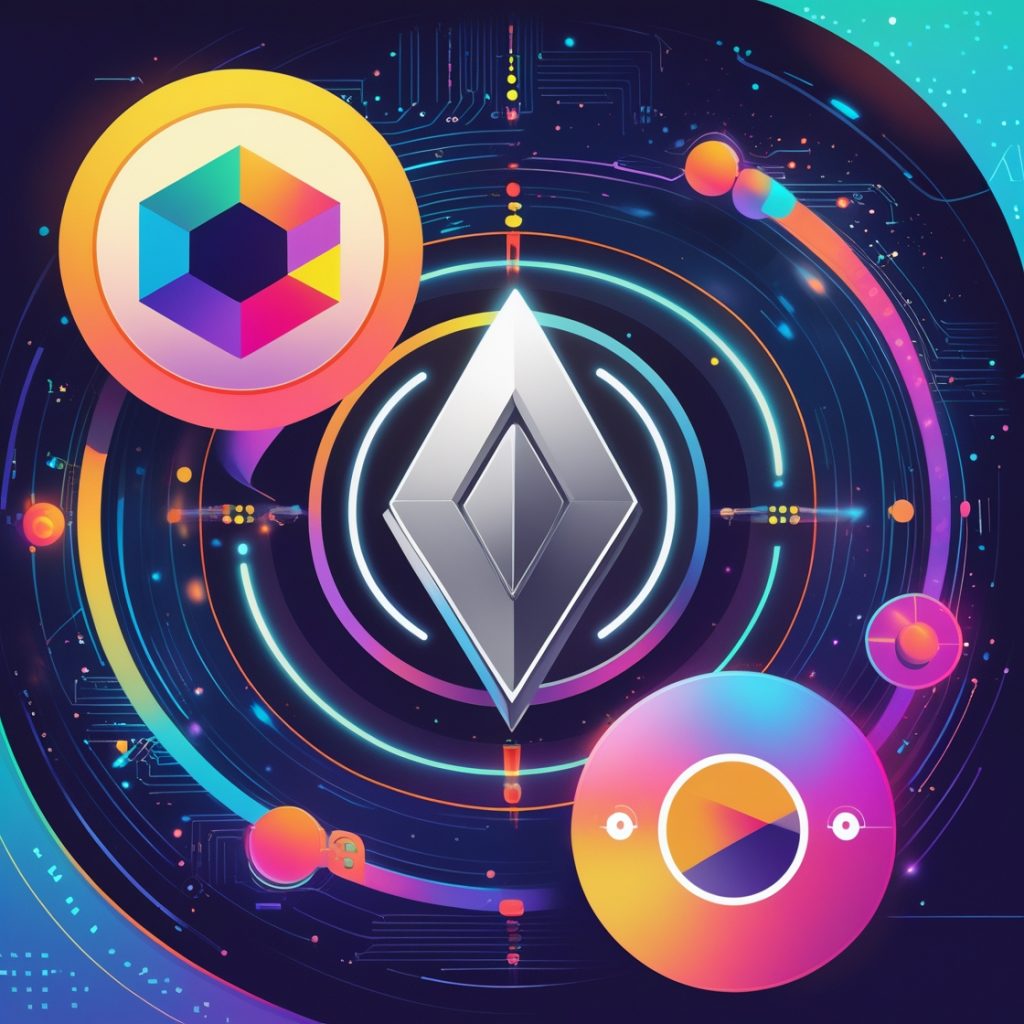
Financial institutions are particularly interested in Gemini 1.5’s capacity to analyze market trends across longer time horizons, potentially identifying patterns that shorter-context models might miss. Similarly, legal teams can leverage the model to process entire case histories and legal precedents simultaneously.
Google’s strategic decision to offer tiered pricing models for Gemini 1.5—with options for both Pro and Ultra variants—demonstrates an understanding of diverse market needs. This approach contrasts with competitors who have struggled to balance accessibility with advanced features.
As the AI race intensifies, Gemini 1.5 represents not just technological advancement but a shift in how we conceptualize AI assistance. By bridging the gap between specialized tools and general-purpose intelligence, Google DeepMind has established a new benchmark for what users can expect from their AI systems—comprehensive understanding that spans modalities, contexts, and use cases.

Implications for Enterprise AI Adoption
The release of Gemini 1.5 signals a pivotal moment for enterprise AI adoption, as organizations now have access to unprecedented capabilities in a single model. The extended context window of up to 2 million tokens enables businesses to process entire codebases, lengthy documents, and massive datasets without losing context or requiring chunking strategies.
Industry analysts predict this advancement could accelerate AI integration across sectors including healthcare, finance, and legal services, where processing comprehensive information is crucial. For healthcare providers, Gemini’s ability to analyze medical records alongside imaging data offers potential diagnostic assistance and treatment recommendations with greater contextual understanding.
Financial institutions are particularly interested in Gemini 1.5’s capacity to analyze market trends across longer time horizons, potentially identifying patterns that shorter-context models might miss. Similarly, legal teams can leverage the model to process entire case histories and legal precedents simultaneously.
Google’s strategic decision to offer tiered pricing models for Gemini 1.5—with options for both Pro and Ultra variants—demonstrates an understanding of diverse market needs. This approach contrasts with competitors who have struggled to balance accessibility with advanced features.
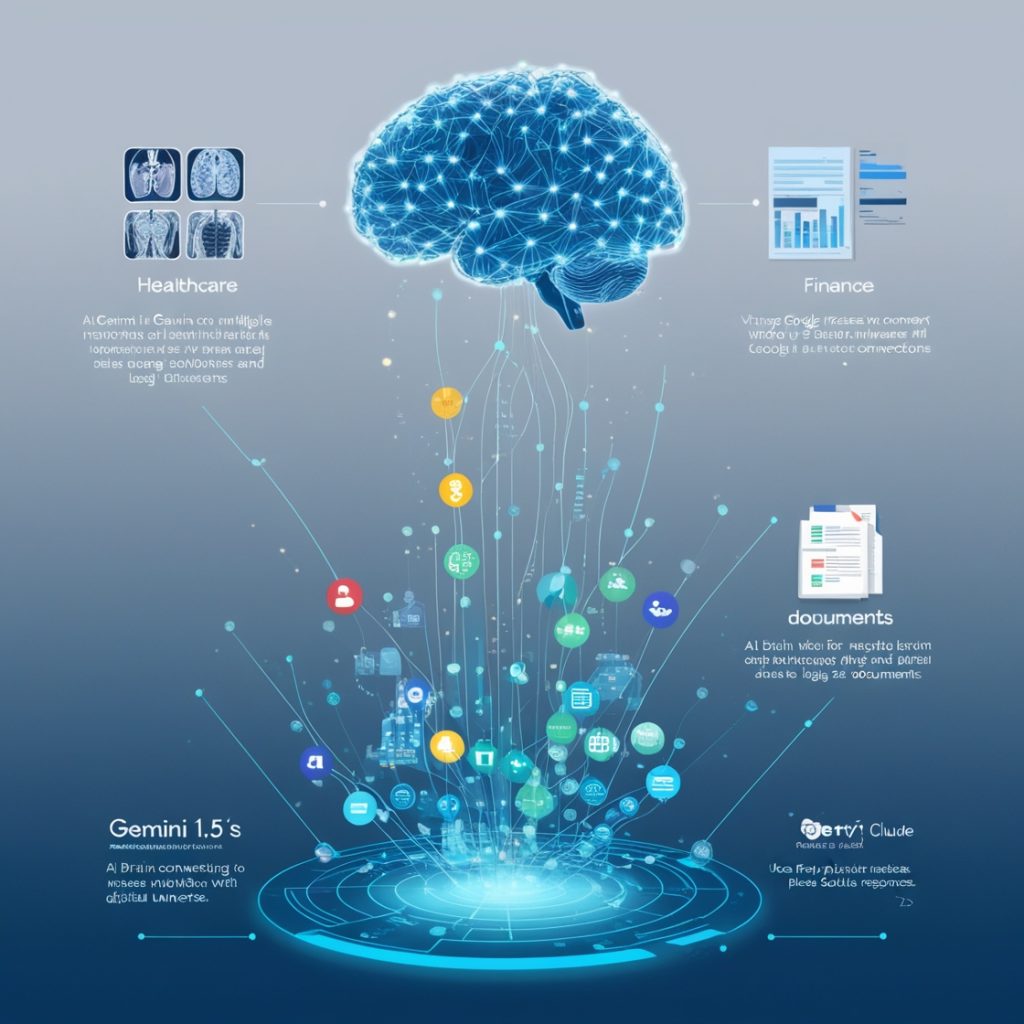
As the AI race intensifies, Gemini 1.5 represents not just technological advancement but a shift in how we conceptualize AI assistance. By bridging the gap between specialized tools and general-purpose intelligence, Google DeepMind has established a new benchmark for what users can expect from their AI systems—comprehensive understanding that spans modalities, contexts, and use cases.
Copyright: dhaka ai



